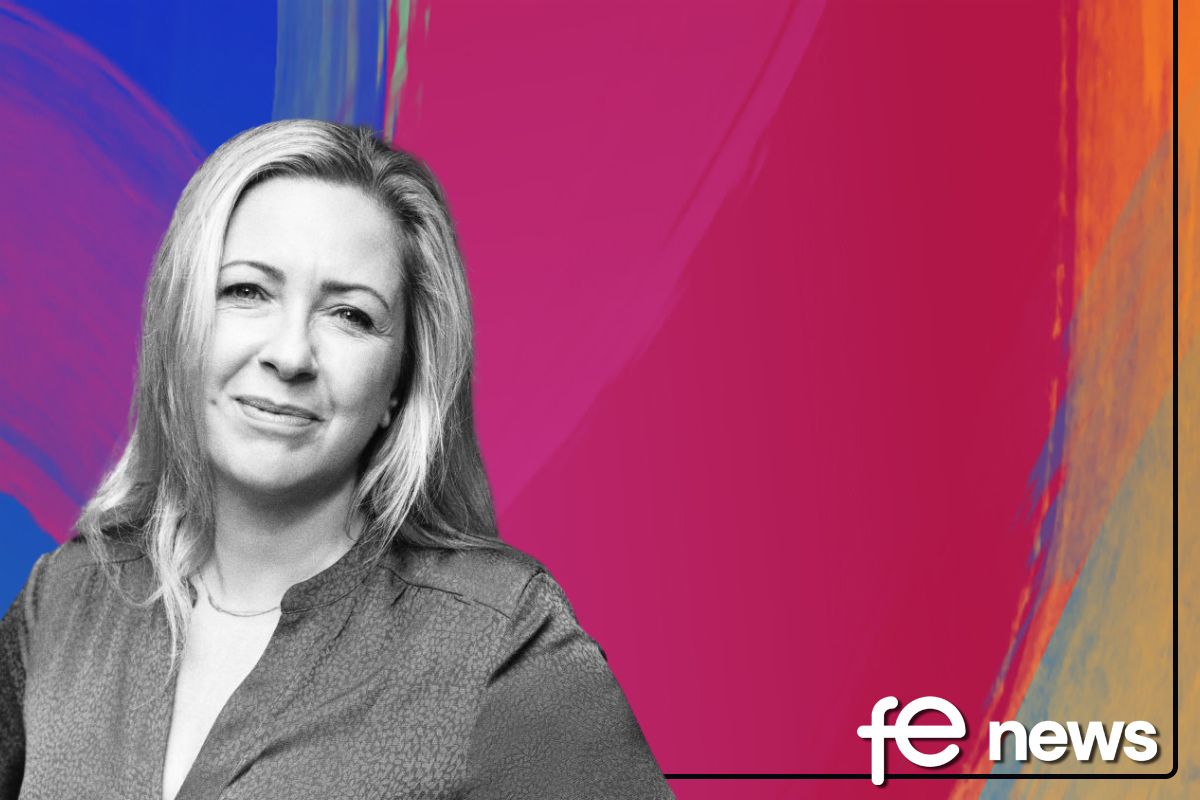International Women’s Day: 25 Years of Industry Transformation & Professional Development

Sophie Lutman, Executive Creative Director at Siegel+Gale, explores 25 years of industry evolution through the lens of her own personal career growth, and shares her advice for women today.
I started my career as a designer in the mid-90s, an era characterised by what we now recognise were outrageous notions of equality for women in the workplace. My abiding memory of that time was that getting ahead often meant emulating stereotypically male traits. The prevailing culture at the time seemed to set women against each other. I was also inevitably the last to be promoted among my male peers, leaving me to question my worth and capabilities. Too often, when I was promoted, it was the endorsement of a male advocate that propelled me forward, leaving me to wonder if my success was earned or given because of my ability to ‘take it on the chin’.
Over the past 25 years, a seismic shift has occurred. Women have taken the reins and started to foster a culture of mutual support. The days of women being pitted against each other are waning, replaced by a collective effort to propel one another forward authentically. However, while the narrative has evolved, challenges persist – often cloaked by more polished language.
The marketing industry is typically seen as progressive, yet recent data from Marketing Week found that female marketers working full-time are still paid 16.5% less than their male peers. There is no easy fix to immediately closing the gender pay gap – but there is value in having the data to prove what we already suspected. By being aware of inequities and existing biases, we can recognise them for what they are – and eventually remove those barriers.
Advice for women today
Earlier in my career, I was often told that I lacked ‘gravitas’ or even worse, had ‘too many opinions.’ Time and experience have allowed me to shed some of these preconceptions, but not entirely. I now wonder whether the terminology used to describe creatives differs based on gender. Is ‘lack of gravitas’ another way of saying ‘down to earth’ or ‘bossy’? Are ‘too many opinions’ synonymous with being ‘passionate or driven’ in others?
Reflecting on these challenges, I have two pieces of advice for women entering the branding and marketing industry today.
Firstly, acknowledge the importance of perception. So yes, gravitas is important. Being focused and maintaining simplicity in your approach and personal narrative can help counter biases that view distraction, chaos, or disorganization as weaknesses in women. Ironically, women, lauded for their multitasking abilities, find their organisational skills questioned more often than their male counterparts. Men exhibiting similar behaviour’s are often seen as distracted geniuses immersed in loftier pursuits, unconcerned with trivial details.
Likewise, pay attention to the terminology used to describe your role, particularly in comparison to words used to describe male colleagues’ creative talents. As a designer, I tend to steer clear of people using words like ‘efficient’ or ‘pragmatic’.
Secondly, trust yourself. Trust your instincts and capabilities. Societies’ expectations for women to constantly prove themselves can lead us to do too much. Having confidence in your abilities is not arrogance, and ‘recognising your worth’ should not be equated as ‘proving your worth’ – this can lead to overextending yourself and prevent you from doing your best work.
Remember that it’s still about doing a great job. I still maintain that you can’t argue with a job well done, make sure you work hard and do the very best you can on every assignment, no matter the circumstances.
Fortunately, the changing dynamics in the marketing sector and the world of work are reflecting a broader societal shift towards greater inclusivity and collaboration. Women continue to break barriers and support each other. It is crucial that we continue to support each other and to call out inequality when we see and experience it.
By creating a culture that values equality, simplicity and authenticity and that challenges stereotypes, we can all contribute to a more equitable future that supports everyone in the workplace. May the lessons of the past 25 years serve as both guide and inspiration for the generations today and in the future.
By Sophie Lutman, Executive Creative Director at Siegel+Gale











Responses